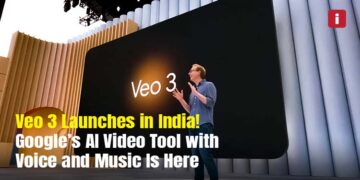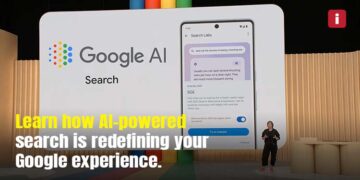Despite the AI boom, traditional search engines remain the internet’s primary gateway, here’s why chatbots haven’t replaced them yet.
When generative AI burst onto the scene with tools like ChatGPT and Google’s Bard, many predicted the end of traditional web search as we knew it. The assumption was simple: Why sift through a list of blue links when a chatbot can just give you the answer?
But according to a new study covered by TechNewsWorld this week, the revolution might be more of a slow burn than a flash fire.
The Study: A Reality Check for AI Hype
The research, conducted by an SEO and backlink analytics firm, found that AI chatbots have had minimal impact on the traffic flowing to search engines like Google and Bing over the past two years. Despite widespread AI integration and media buzz, the average user hasn’t dramatically changed how they look for information online.
In fact, traditional search engines remain the primary entry point to the internet for most users—whether they’re looking for product reviews, flight information, or the latest news.
Why Chatbots Haven’t Taken Over (Yet)
So, what’s holding chatbots back?
- Trust and Transparency: Users still trust the transparency of search results over chatbot responses. Being able to compare multiple sources is a key part of the web search experience, something AI-generated answers don’t always provide clearly.
- Lack of Links: AI chatbots often summarize content but don’t always show where the information comes from, which undermines their credibility.
- Use Case Mismatch: People still prefer search engines for tasks like online shopping, academic research, and news aggregation where multiple perspectives matter more than a single AI-synthesized summary.
- Changing Habits Takes Time: Even the most revolutionary tech takes time to change deeply ingrained user behaviors. Just like people still use email despite newer communication tools, web search isn’t going away anytime soon.
SEO Still Matters
One major takeaway from the study: SEO is far from dead. With search engine traffic remaining stable, businesses and publishers should continue to invest in optimization strategies. Google’s evolving algorithms still reward well-structured, relevant content that answers user queries effectively.
That said, the rise of AI tools does call for some adaptation especially in content formatting and how sites present information. Summarizable content and structured data might soon be key to staying visible, whether in search results or AI-powered overviews.
What’s Next?
While the chatbot revolution hasn’t cannibalized search traffic (yet), we are likely still in the early innings. Google’s Search Generative Experience (SGE), Microsoft’s AI Copilot, and standalone bots like Perplexity are experimenting with hybrid models that could one day become the norm.
But for now, the data is clear: search engines are still the front door to the internet, and AI hasn’t changed that at least not yet.













































